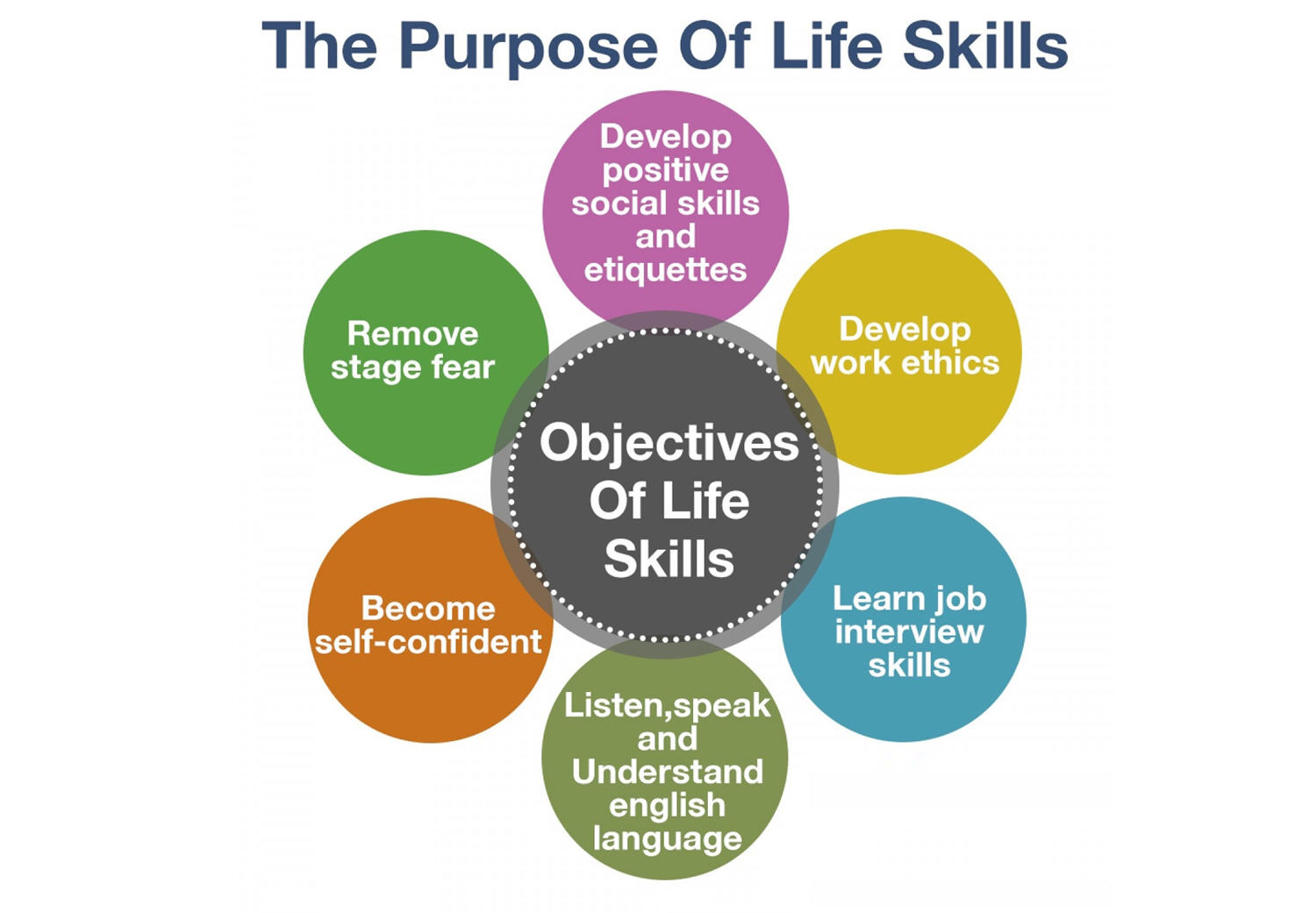What Are the Importance of Life Skills Education
In today’s rapidly evolving world, the significance of life skills education cannot be overstated. Life skills encompass a broad range of abilities that empower individuals to navigate daily challenges and thrive in both personal and professional spheres. Unlike academic subjects that focus on specific knowledge areas, life skills education is designed to equip students with practical abilities that foster resilience, adaptability, and effective decision-making. Here’s a detailed exploration of why life skills education is crucial:
1. Preparation for Real-Life Challenges
Life skills education is fundamental in preparing students for the complexities of real life. While traditional education provides students with academic knowledge, it often lacks emphasis on practical skills necessary for daily living. Skills such as financial literacy, time management, and problem-solving are essential for managing personal finances, meeting deadlines, and overcoming obstacles. Life skills education bridges this gap by teaching students how to apply their knowledge in practical situations, thereby increasing their overall competence and confidence.

2. Enhanced Emotional and Social Well-being
Emotional intelligence is a key component of life skills education. By learning how to manage emotions, communicate effectively, and build healthy relationships, students can improve their emotional and social well-being. This education helps individuals develop self-awareness, empathy, and interpersonal skills, which are critical for maintaining positive relationships and managing conflicts. Emotional intelligence also contributes to mental health by reducing stress and enhancing overall life satisfaction.
Read More: Is Education Important for Success in Life
3. Development of Critical Thinking and Problem-Solving Skills
Life skills education encourages the development of critical thinking and problem-solving abilities. These skills are crucial for navigating complex situations and making informed decisions. Through activities that involve analyzing scenarios, evaluating options, and implementing solutions, students learn to approach problems logically and creatively. These skills are not only beneficial in academic settings but are also essential for success in the workplace and everyday life.
4. Promotion of Independent and Responsible Living
One of the primary goals of life skills education is to foster independence, responsibility, and productivity. By teaching students how to manage their personal affairs, such as budgeting, cooking, self-care, and establishing a productive daily routine, life skills education equips them to live independently. Developing a daily routine helps students stay organized, prioritize tasks, and manage time effectively—skills essential for transitioning into adulthood. This independence is crucial for managing responsibilities like employment, household management, and community involvement. Additionally, understanding personal responsibility and the impact of daily habits helps students realize how their choices and actions affect themselves and others, promoting a balanced and productive life.
5. Boosting Career Readiness and Employability
In today’s competitive job market, employers value a range of skills beyond academic qualifications. Life skills education enhances career readiness by equipping students with skills that are highly valued in the workplace, such as communication, teamwork, and time management. Additionally, problem-solving and critical thinking abilities are essential for tackling challenges and adapting to changing job demands. By integrating life skills into education, students become better prepared for career opportunities and are more likely to succeed in their professional lives.
6. Encouraging Lifelong Learning and Adaptability
The ability to adapt to change and continue learning throughout life is essential in a world characterized by rapid technological advancements and evolving societal norms. Life skills education instills a mindset of continuous improvement and adaptability. Students learn how to set goals, seek new knowledge, and embrace new experiences. This lifelong learning attitude helps individuals stay relevant in their careers and adapt to various life situations with confidence and resilience.
7. Fostering Positive Citizenship and Community Engagement
Life skills education also promotes positive citizenship and community involvement. By teaching students about social responsibility, ethical behavior, and civic engagement, life skills education encourages them to contribute positively to society. Understanding the importance of community service, environmental stewardship, and ethical decision-making helps students become responsible citizens who actively participate in and contribute to their communities.
Conclusion
Life skills education plays a pivotal role in shaping well-rounded, capable individuals who are prepared to face the challenges of modern life. By equipping students with practical skills, emotional intelligence, and a mindset of continuous learning, life skills education fosters independence, career readiness, and positive citizenship. As the demands of the world continue to evolve, integrating life skills into educational curricula is essential for preparing individuals to thrive both personally and professionally. Investing in life skills education is an investment in the future success and well-being of individuals and society as a whole.
Post Your Ad Here
Comments